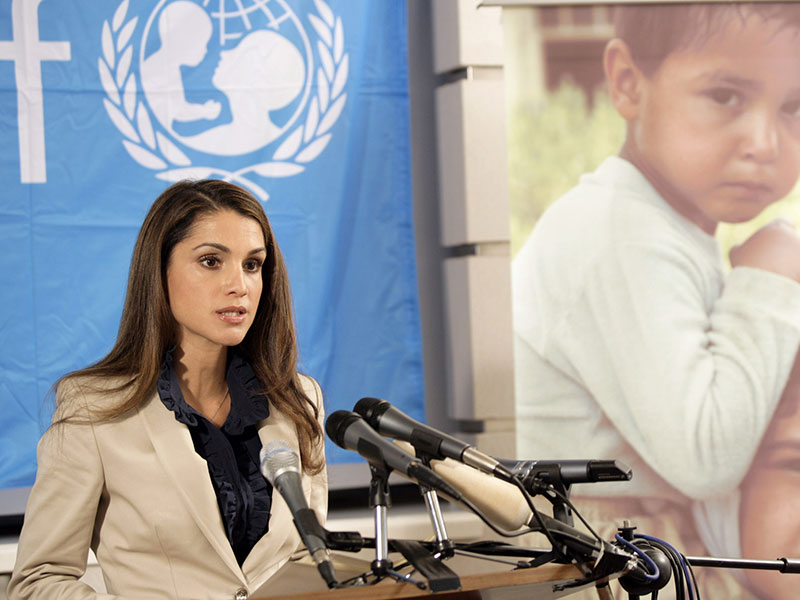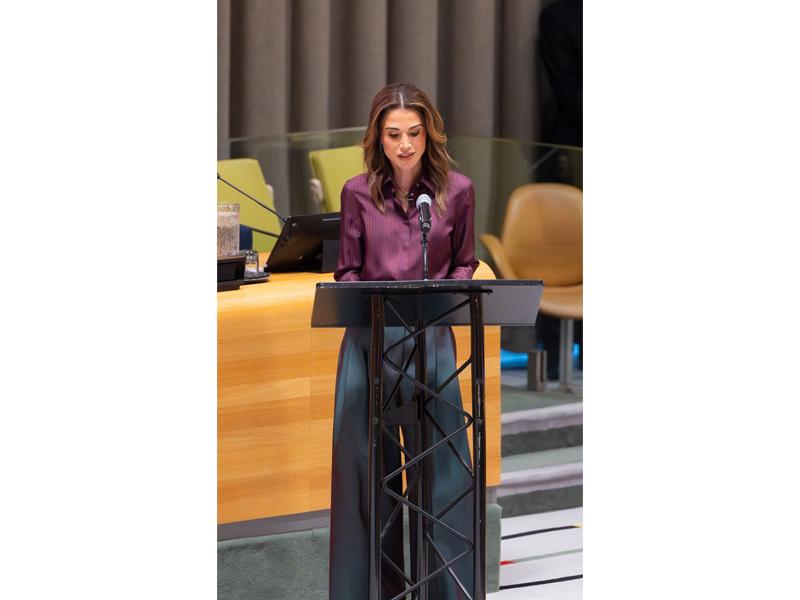"It is time to throw a lifeline to Iraqi children: those facing the violence in Iraq, and those now sheltering in Jordan and Syria. Today’s launch of UNICEF’s report on Iraqi children in Iraq and neighbouring countries tells a painful story.
Faced as we are with a daily barrage of bad news, some might feel that the situation is hopeless. But stepping up support right now in Iraq and in neighboring countries is not only possible, it is also the best way to protect Iraq’s future – its children.
Aid does get through. It does reach children, and it does make a difference, even in unsafe areas.
This is a critical moment for children caught in the violence. Last week, children became this year’s first victims of cholera in Iraq, and we dread a major outbreak of this disease in the heat of summer.
Less than 30% of Iraqi children have access to a glass of safe drinking water.
And insecurity in many areas makes it increasingly perilous to even try to reach health services. Up to one in ten Iraqis is suffering from acute malnutrition.
Meanwhile, some classrooms stand empty as violence keeps children in their homes, while other classrooms are grossly overcrowded. The school year is about to end, and many children have not learned enough to progress onto the next grade.
The long-term costs of poor health and lost education are hard to quantify, but are certain to be paid by future generations unless there is swift action.
Children make up half of the four million people who have fled Iraq since 2003, and many of them are now here in Jordan, and in Syria. Many live in communities that were impoverished long before these children arrived, and where social services are now stretched to breaking point.
Despite the extreme problems, there is still cause for optimism.
A recent immunization campaign supported by UNICEF, WHO, the Iraqi Government and the European Commission, for example, saw courageous health workers going door-to-door to protect 3.6 million children against measles, mumps and rubella.
UNICEF requires $42 million to provide and protect the services children so desperately need if they are to survive and develop.
Plans are in place to reach children in Iraq – even in violent districts – with basic health, water, sanitation and education. And here in Jordan, and in Syria, UNICEF will help governments provide social services for growing numbers of Iraqi children, aiming to get them into the classroom, keep them healthy and protect them from exploitation.
What children need, above all, is a resolution to this crisis. That has to be our ultimate hope. For many Iraqi children, the long-term future may be unclear, but their present needs – for education, for health care, for clean water and proper sanitation – are clear and must be met, now."



